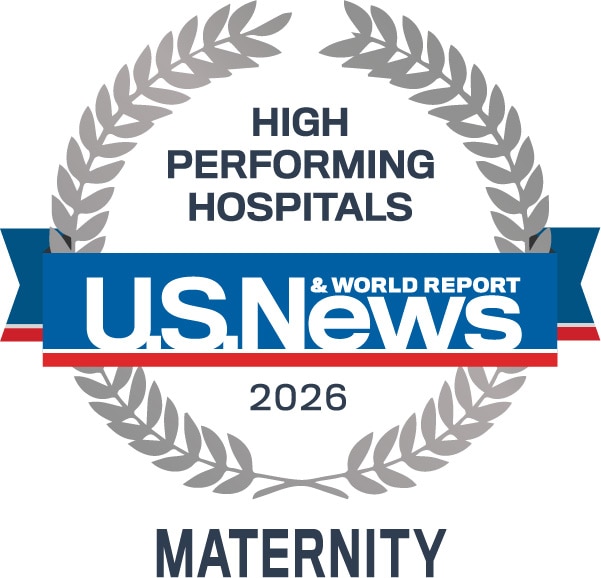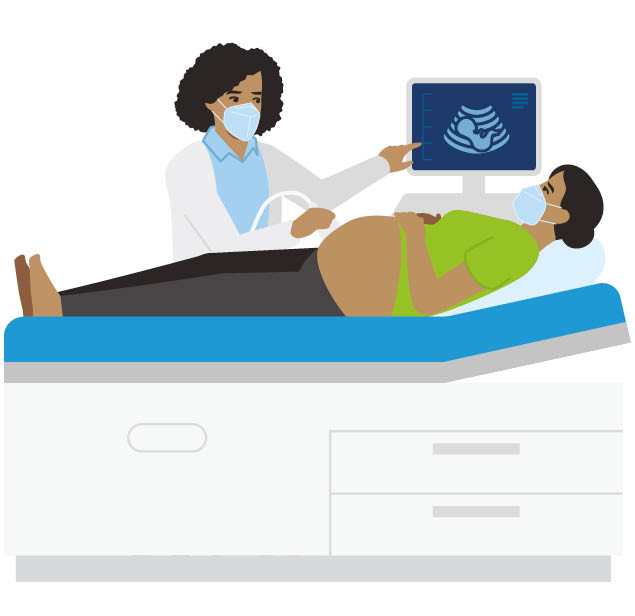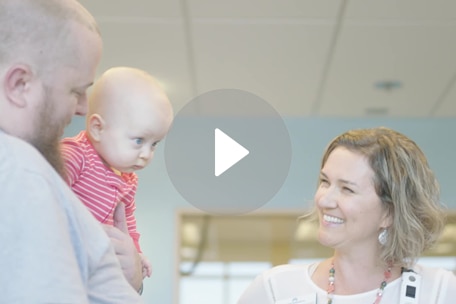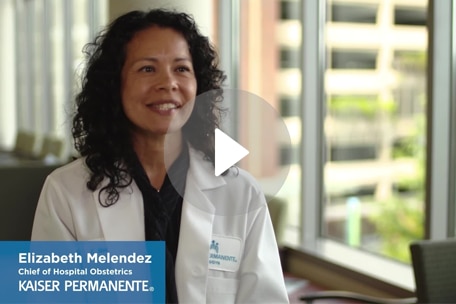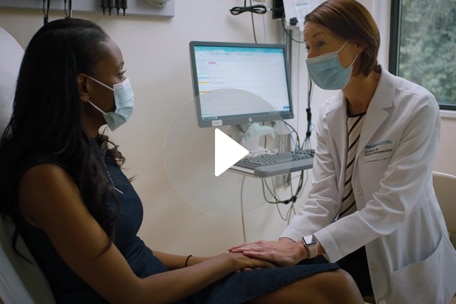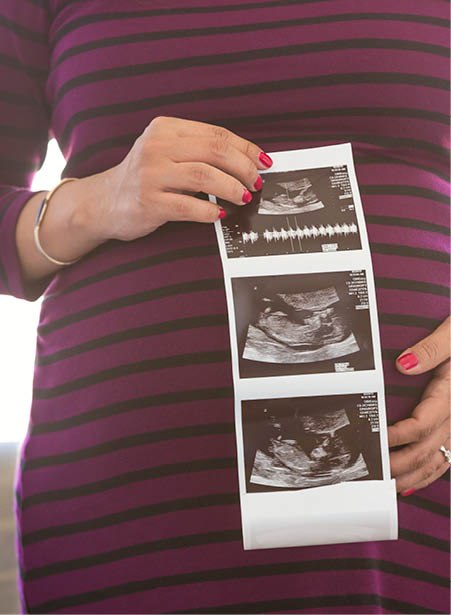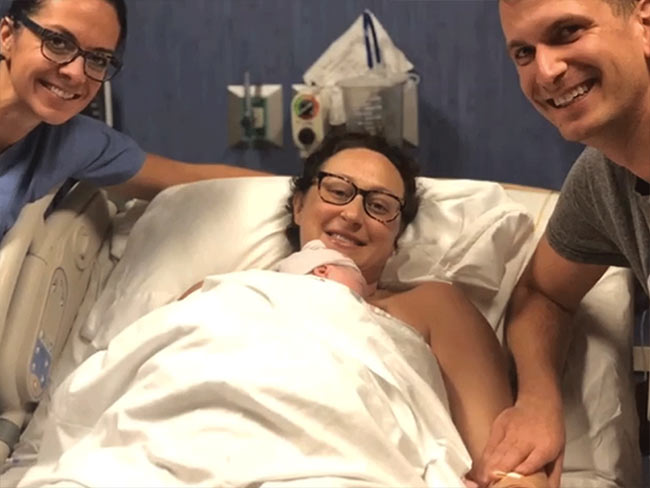Having a baby is a highly personal process. That’s why we focus on giving parents the pregnancy experience they want.
Care team — You have the freedom to choose from a variety of clinicians for your prenatal care team at Kaiser Permanente hospitals:
- Your family doctor
- An obstetrician (a doctor who cares for pregnant people and delivers babies)
- A certified nurse-midwife
- A nurse practitioner
Your team is more than the clinicians who take care of you during pregnancy, birth, and postpartum. Your partner or support person, family, and doula are welcome as part of your care with Kaiser Permanente.
Pregnancy care — No matter what type of prenatal care you choose, you can be confident that your safety is our top priority. We’ll follow you and your pregnancy closely to help you get the appointments, tests, and education you need.
If you have or develop a condition like high blood pressure or diabetes, we’ll work with you to reduce risks for you and your baby. Our goal is to help keep you healthy and avoid interventions like cesarean sections if they’re not necessary. Kaiser Permanente hospitals have lower C-section rates than other U.S. hospitals.1
Birth plan — As you prepare for your big day, you’ll design your birth plan around your preferences. Your care team supports your choices — including who will be in your birthing room, how you want to cope with pain, and how you’ll feed your baby. If you choose to breastfeed or chestfeed, we can help set you up to succeed — 70% of babies born at Kaiser Permanente hospitals are exclusively breastfed during their stay, compared with 50% nationally.2
Postpartum support — Your care doesn’t end at childbirth. After you welcome your baby, you’ll continue to get the care you need for your physical and mental health.


